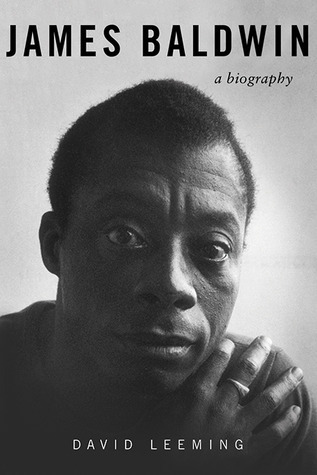What do you think?
Rate this book


464 pages, Paperback
First published January 1, 1994
"She was a constant reminder to him of the necessity of “keeping the faith,” of not drifting onto the all-too-tempting road of racial or personal hatred."
of his mother

"One must say Yes to life and embrace it wherever it is found—and it is found in terrible places…. For nothing is fixed, forever and forever, it is not fixed; the earth is always shifting, the light is always changing, the sea does not cease to grind down rock. Generations do not cease to be born, and we are responsible to them because we are the only witnesses they have. The sea rises, the light fails, lovers cling to each other, and children cling to us. The moment we cease to hold each other, the moment we break faith with one another, the sea engulfs us and the light goes out."